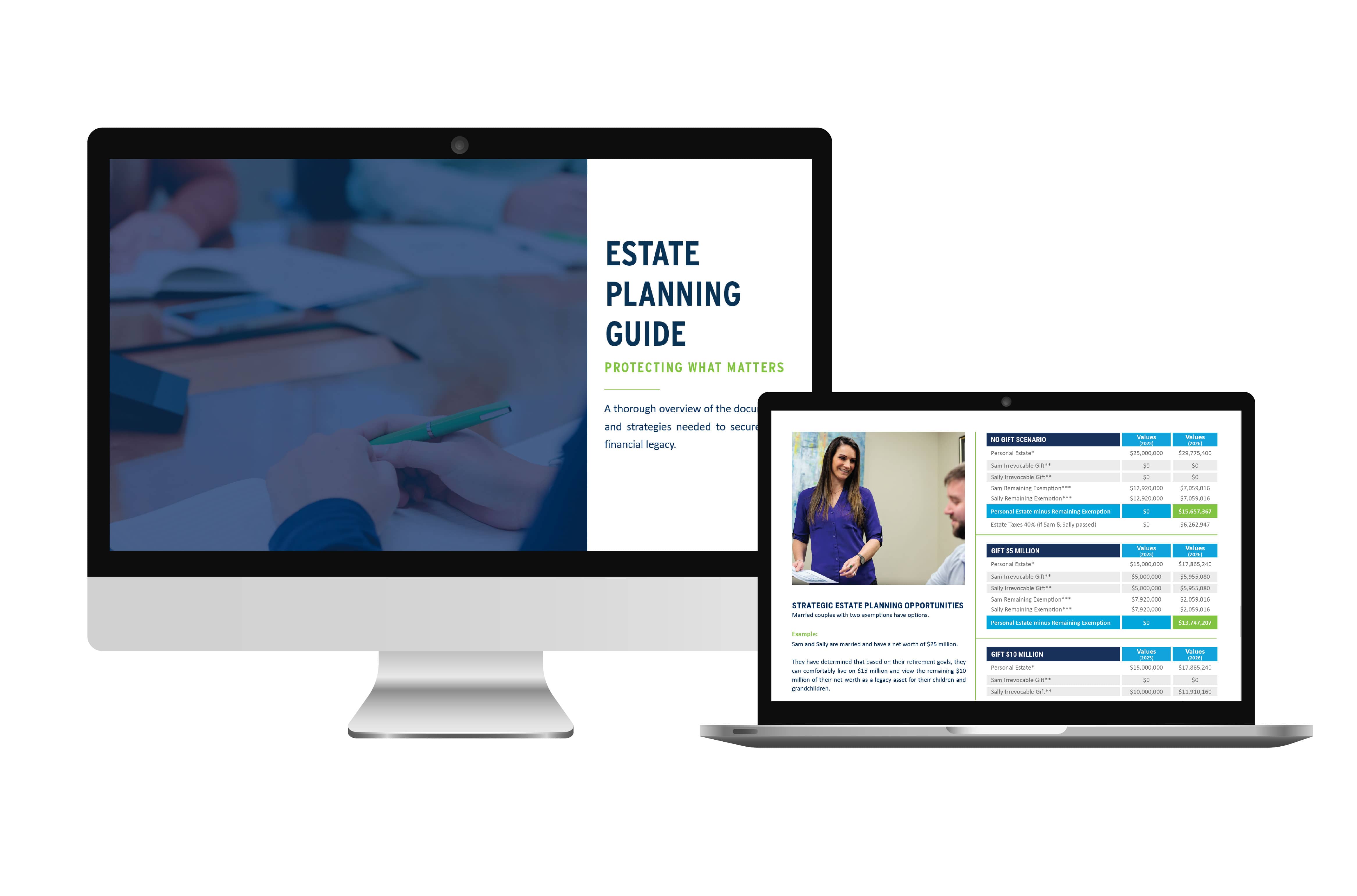5 Benefits of Automating Your Revenue Cycle Process
%20(1)-Mar-07-2024-10-27-57-1642-PM.jpg)
In the dynamic world of healthcare, providers continuously strive to enhance their operational efficiency and financial performance. One critical aspect that can significantly impact these objectives is revenue cycle management (RCM). Handling this vital process manually can be labor-intensive, time-consuming, and prone to errors. Hence, the need for automation. This article explores five significant benefits of automating your revenue cycle management process.
What is Revenue Cycle Management in Healthcare?
RCM is a financial process that healthcare facilities use to track patient care interactions, from registration and appointment scheduling to the final balance payment. The process encompasses the following steps:
.png?width=494&height=370&name=Picture11%20(1).png)
- Scheduling Appointments: Patients schedule appointments for healthcare services.
- Registration: Patient information is collected and entered into the system.
- Eligibility: Insurance coverage and benefits are verified.
- Utilization Review: Assessing the medical necessity and appropriateness of provided services.
- Initial Payment: Collecting payments such as co-pays or deductibles from the patient.
- Describing Charges: Detailing the services provided during the visit.
- Medical Coding: Assigning appropriate diagnostic and procedural codes to the services.
- Submitting Claims: Claims containing patient and service information are submitted to insurance payers.
- Remittance Processing: Payments received from insurance payers are processed and posted to patient accounts.
- Third-Party Follow-up: Following up with insurance payers to track claim status and resolve any issues.
- Patient Collections: Billing patients for any remaining balance after insurance payments and collecting payments from them.
Why You Should Automate Your Revenue Cycle
As you can see, there are quite a few steps to manage in a revenue cycle. Here are five ways automation is a strategic approach to streamlining workflows, reducing manual tasks, and improving operational efficiency, ultimately improving financial health and patient satisfaction.
1. Boost Efficiency
Break Down Manual Barriers
Traditional RCM processes often involve repetitive tasks, such as data entry, eligibility checks, and claims submission, that can slow down workflows, leading to inefficiencies and errors. Automated RCM solutions can handle these tasks, freeing up employees' time and reducing the risk of human error.
Enhance Inter-Departmental Collaboration
Automated solutions can also facilitate seamless inter-departmental collaboration. Integrating information across departments ensures that all stakeholders have access to consistent and updated data, thereby promoting partnership and reducing discrepancies.
2. Maximize Revenue Through Improved Collection
Increase Revenue with Faster Collections
Automation in RCM can help healthcare providers accelerate their payment collection process. By automating billing and payment reminders, providers can ensure timely collections, reduce bad debts, and enhance cash flow.
Minimize Financial Losses with Accurate Billing
Billing errors can lead to underpayment, claim denials, or delayed payments, causing significant revenue loss. Automated RCM solutions can validate claims for accuracy before submission, reducing denials and ensuring accurate billing.
3. Increase Patient Satisfaction
Build Trust with Transparent Billing
A transparent and straightforward billing process can significantly enhance patient satisfaction. Automated solutions provide patients with clear, itemized bills, reducing confusion and building trust.
Prioritize Patient Care
Automation reduces the administrative burden on staff and allows healthcare providers to focus more on patient care. This improves patient satisfaction and enhances the overall quality of care.
4. Ensure Compliance and Data Security
Navigate Regulatory Complexities
The healthcare industry is subject to numerous compliance requirements and regulations. Automated RCM solutions can help healthcare providers navigate these complexities, ensuring compliance and avoiding penalties.
Safeguard Sensitive Information
With increasing concerns about data breaches and privacy, data security is paramount in healthcare. Automated RCM solutions incorporate robust security measures to protect sensitive patient data and comply with regulations like HIPAA.
5. Make Informed Decisions with Data Analytics
Utilize the Power of Data
Automation in RCM provides healthcare providers with valuable data analytics, facilitating informed decision-making. Providers can use these insights to identify trends, monitor KPIs, and improve their overall performance.
Adopt a Proactive Approach
By identifying and addressing issues early, data analytics can enable healthcare providers to adopt a proactive approach to revenue cycle management, improving outcomes and enhancing patient satisfaction.
How Lutz’s Healthcare Services Can Help
Automation in RCM presents a compelling opportunity for healthcare professionals. It enables providers to optimize their revenue cycle, harness the power of data, and focus on their core competency – delivering quality patient care. As technological advancements continue to impact this industry, the adoption of automated RCM solutions is expected to grow, shaping the future of healthcare finance. If you have any questions about implementing RCM automation into your business or want more information about Lutz’s accounting services for the healthcare industry, please contact us.

- Achiever, Learner, Strategic, Context, Individualization
Julianne Kipple
Julianne Kipple, Healthcare Shareholder, began her career in 2008. Over the years, she has built a strong expertise in healthcare accounting and consulting while driving the expansion of Lutz’s services for rural and critical access hospitals. She is actively involved in the healthcare department’s operations, focusing on strategic growth and team development.
Leveraging her experience in healthcare finance, Julianne focuses on providing outsourced CFO services to healthcare facilities. She provides Medicare and Medicaid cost reporting, software conversion assistance, and comprehensive financial management solutions. Julianne values ensuring the sustainability of rural healthcare facilities, understanding their vital role in their communities.
At Lutz, Julianne demonstrates what it means to serve beyond expectations by helping healthcare organizations facing complex challenges. Her genuine care for rural healthcare facilities shows in everything she does - from anticipating their needs to finding creative solutions that ensure their success. Through her thoughtful mentorship of her team, she's helped establish Lutz as a trusted partner in the healthcare sector.
Julianne lives in Bennington, NE, with her husband and four children. Outside the office, she can be found attending her kids' sporting events, running, and cooking on the weekends.
Recent News & Insights
In-House vs. Outsourced Controller: What makes sense for my business?
Estate Planning Guide
Understanding Farm Income Averaging
Job Counteroffers: What You Gain & What You Risk




%20(1).jpg?width=300&height=175&name=Mega%20Menu%20Image%20(2)%20(1).jpg)
%20(1)-Mar-08-2024-09-27-14-7268-PM.jpg?width=300&height=175&name=Untitled%20design%20(6)%20(1)-Mar-08-2024-09-27-14-7268-PM.jpg)

%20(1)-Mar-08-2024-09-11-30-0067-PM.jpg?width=300&height=175&name=Untitled%20design%20(3)%20(1)-Mar-08-2024-09-11-30-0067-PM.jpg)
%20(1).jpg?width=300&height=175&name=Mega%20Menu%20Image%20(3)%20(1).jpg)
%20(1).jpg?width=300&height=175&name=Mega%20Menu%20Image%20(4)%20(1).jpg)
%20(1).jpg?width=300&height=175&name=Mega%20Menu%20Image%20(5)%20(1).jpg)
-Mar-08-2024-08-50-35-9527-PM.png?width=300&height=175&name=Untitled%20design%20(1)-Mar-08-2024-08-50-35-9527-PM.png)


.jpg)




